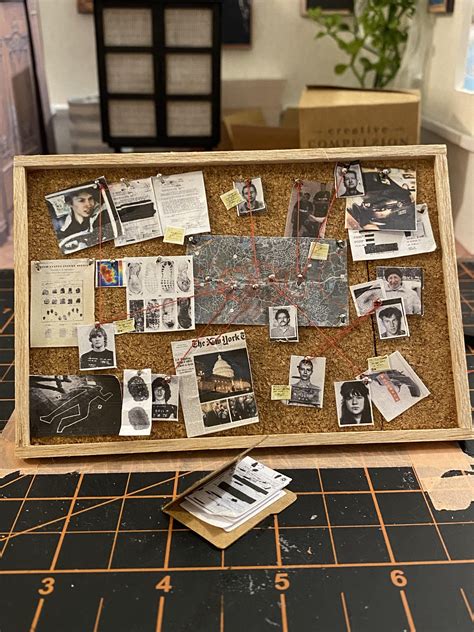The art of playing like top jazz pianists is a coveted skill that requires a deep understanding of music theory, technique, and improvisation. To emulate the greats, one must first develop a strong foundation in jazz piano basics, then delve into the unique styles and approaches of legendary pianists. In this comprehensive guide, we’ll explore essential lessons and insights to help you play like the top jazz pianists, including iconic figures such as Bill Evans, Oscar Peterson, and Herbie Hancock.
Understanding Jazz Piano Fundamentals
Before diving into the styles of top jazz pianists, it’s crucial to grasp the fundamentals of jazz piano. This includes:
- Chord progressions: Familiarize yourself with common jazz chord progressions, such as the ii-V-I progression, and practice playing them in different keys.
- Scales and modes: Learn the major and minor scales, as well as modes like the dorian, mixolydian, and locrian modes, which are essential for improvisation.
- Rhythm and timing: Develop a strong sense of rhythm and timing by practicing with a metronome and listening to jazz recordings.
- Ear training: Train your ears to recognize chord changes, melodies, and harmonies by transcribing solos and songs.
Analyzing the Styles of Top Jazz Pianists
To play like the greats, you must first understand their unique styles and approaches. Let’s examine a few iconic pianists:
- Bill Evans: Known for his introspective and harmonically rich playing, Evans often employed modal interchange and reharmonization techniques. Study his use of extended chords, such as major seventh and minor ninth chords, and practice playing with a more contemplative, introspective feel.
- Oscar Peterson: A virtuosic pianist with incredible technique, Peterson’s playing was characterized by his lightning-fast arpeggios, complex chord voicings, and strong rhythmic sense. Focus on developing your technical chops, particularly in terms of finger independence and dexterity.
- Herbie Hancock: A master of fusion and modern jazz, Hancock’s playing often incorporates elements of funk, rock, and electronic music. Examine his use of synthesizers, rhythmic experimentation, and innovative harmonies, and practice incorporating these elements into your own playing.
Essential Lessons for Jazz Piano Improvement
To improve your jazz piano skills and play like the top pianists, focus on the following essential lessons:
- Practice improvisation: Improvisation is the heart of jazz, and regular practice will help you develop your own unique voice. Start with simple exercises like improvising over a ii-V-I progression, then gradually move on to more complex chords and forms.
- Study jazz standards: Familiarize yourself with the Great American Songbook and other jazz standards, as these tunes provide a wealth of material for improvisation and learning.
- Develop your technical skills: Regular technical practice, including scales, arpeggios, and Hanon exercises, will help you build the finger strength and dexterity needed for complex jazz playing.
- Listen and transcribe: Listen to and transcribe solos by your favorite jazz pianists, as this will help you internalize their phrasing, articulation, and overall style.
- Experiment with different styles: Don’t be afraid to explore different jazz sub-genres, such as swing, bebop, or Latin jazz, as this will help you develop a more nuanced understanding of the music.
Advanced Concepts for Jazz Piano Mastery
Once you’ve developed a strong foundation in jazz piano basics and have begun to explore the styles of top pianists, it’s time to delve into more advanced concepts:
- Reharmonization techniques: Learn to reharmonize chord progressions using techniques like modal interchange, chord substitution, and altered dominants.
- Polyrhythms and metric modulation: Experiment with complex rhythmic concepts like polyrhythms and metric modulation to add depth and complexity to your playing.
- Advanced improvisation techniques: Explore advanced improvisation techniques like motivic development, sequence, and quotation to add sophistication to your solos.
Conclusion
Playing like top jazz pianists requires a lifelong commitment to learning, practicing, and exploring the music. By developing a strong foundation in jazz piano basics, analyzing the styles of legendary pianists, and focusing on essential lessons for improvement, you’ll be well on your way to mastering the art of jazz piano. Remember to stay curious, experiment with different styles, and always keep pushing the boundaries of your creativity.
Frequently Asked Questions
What are the most important jazz piano fundamentals to learn?
+The most important jazz piano fundamentals to learn include chord progressions, scales and modes, rhythm and timing, and ear training. Mastering these basics will provide a solid foundation for further study and exploration.
How can I improve my jazz piano improvisation skills?
+To improve your jazz piano improvisation skills, practice improvising over chord progressions, study jazz standards, and listen to and transcribe solos by your favorite jazz pianists. Regular practice and experimentation will help you develop your own unique voice and style.
What are some advanced concepts for jazz piano mastery?
+Advanced concepts for jazz piano mastery include reharmonization techniques, polyrhythms and metric modulation, and advanced improvisation techniques like motivic development, sequence, and quotation. Exploring these concepts will help you add sophistication and depth to your playing.
Additional Resources
For further study and exploration, consider the following resources:
- Books: “The Jazz Piano Book” by Mark Levine, “Jazz Piano: The Complete Guide” by Mark Harrison
- Online courses: Jazz piano courses on platforms like Udemy, Coursera, and LinkedIn Learning
- Jazz piano communities: Join online forums and social media groups dedicated to jazz piano, such as the Jazz Piano subreddit or Facebook groups
- Jazz piano festivals and workshops: Attend festivals and workshops to learn from renowned jazz pianists and network with fellow musicians
By following these essential lessons, analyzing the styles of top jazz pianists, and exploring advanced concepts, you’ll be well on your way to mastering the art of jazz piano and playing like the greats.



